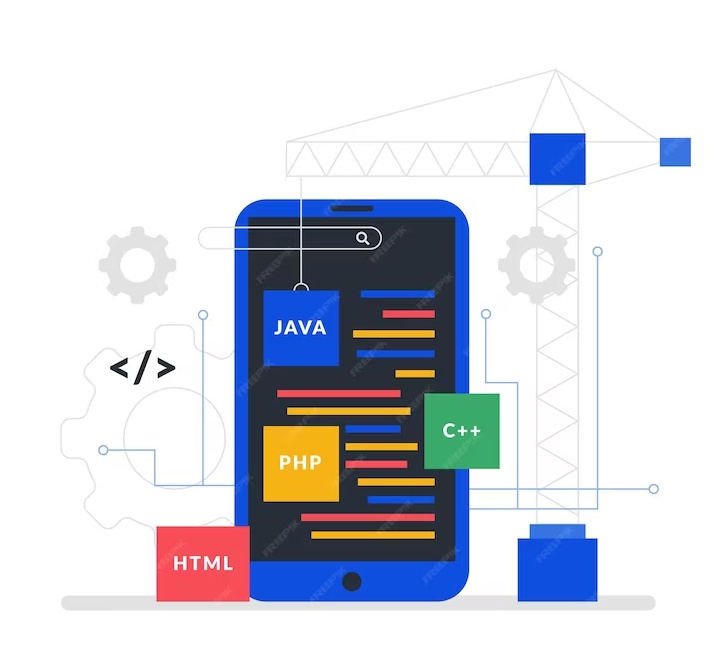Mobile app development has become an integral part of our daily lives. Whether you're creating the next social media sensation, a handy productivity tool, or a game that keeps users glued to their screens, choosing the right programming language is a critical decision. In this blog post, we'll explore the most popular programming languages for mobile app development and help you make an informed choice.
1. Java:
- Platform: Android
- Pros: Widely used, strong community support, cross-platform development with tools like Kotlin.
- Cons: Verbosity, sometimes seen as less modern.
2. Kotlin:
- Platform: Android
- Pros: Modern, concise, and interoperable with Java. Google's preferred language for Android app development.
- Cons: Smaller talent pool compared to Java.
3. Swift:
- Platform: iOS, macOS
- Pros: Developed by Apple, safe, and highly performant. Readable and expressive syntax.
- Cons: Limited to Apple's ecosystem, which may limit cross-platform development.
4. Objective-C:
- Platform: iOS, macOS
- Pros: Long-established, Apple's original language for iOS development.
- Cons: Less modern and less readable than Swift.
5. JavaScript (with frameworks like React Native or NativeScript):
- Platform: Cross-platform (iOS and Android)
- Pros: Write once, run anywhere. Large talent pool, web developers can leverage existing skills.
- Cons: Performance can be a challenge, less access to native features.
6. C# (with Xamarin):
- Platform: Cross-platform (iOS and Android)
- Pros: Native-like performance, shared codebase, good integration with Visual Studio.
- Cons: Licensing costs for enterprise use.
7. Dart (with Flutter):
- Platform: Cross-platform (iOS and Android)
- Pros: Fast development, hot reload feature, expressive UI framework.
- Cons: Smaller community compared to other languages.
8. HTML/CSS/JavaScript (with Apache Cordova/PhoneGap):
- Platform: Cross-platform (iOS and Android)
- Pros: Web developers can use existing skills, good for simple apps.
- Cons: Limited performance for complex apps, less access to native features.
Conclusion: Selecting the right programming language for mobile app development depends on various factors, including the platform you're targeting, your team's expertise, and the specific requirements of your project. Each language has its strengths and weaknesses, so it's essential to evaluate your options carefully.
Ultimately, the goal is to create a mobile app that provides a seamless user experience, and the choice of programming language is just one piece of the puzzle. Keep in mind that trends in mobile app development may evolve, and new languages and frameworks may emerge, so staying updated is crucial for success in this dynamic field.


No comments yet